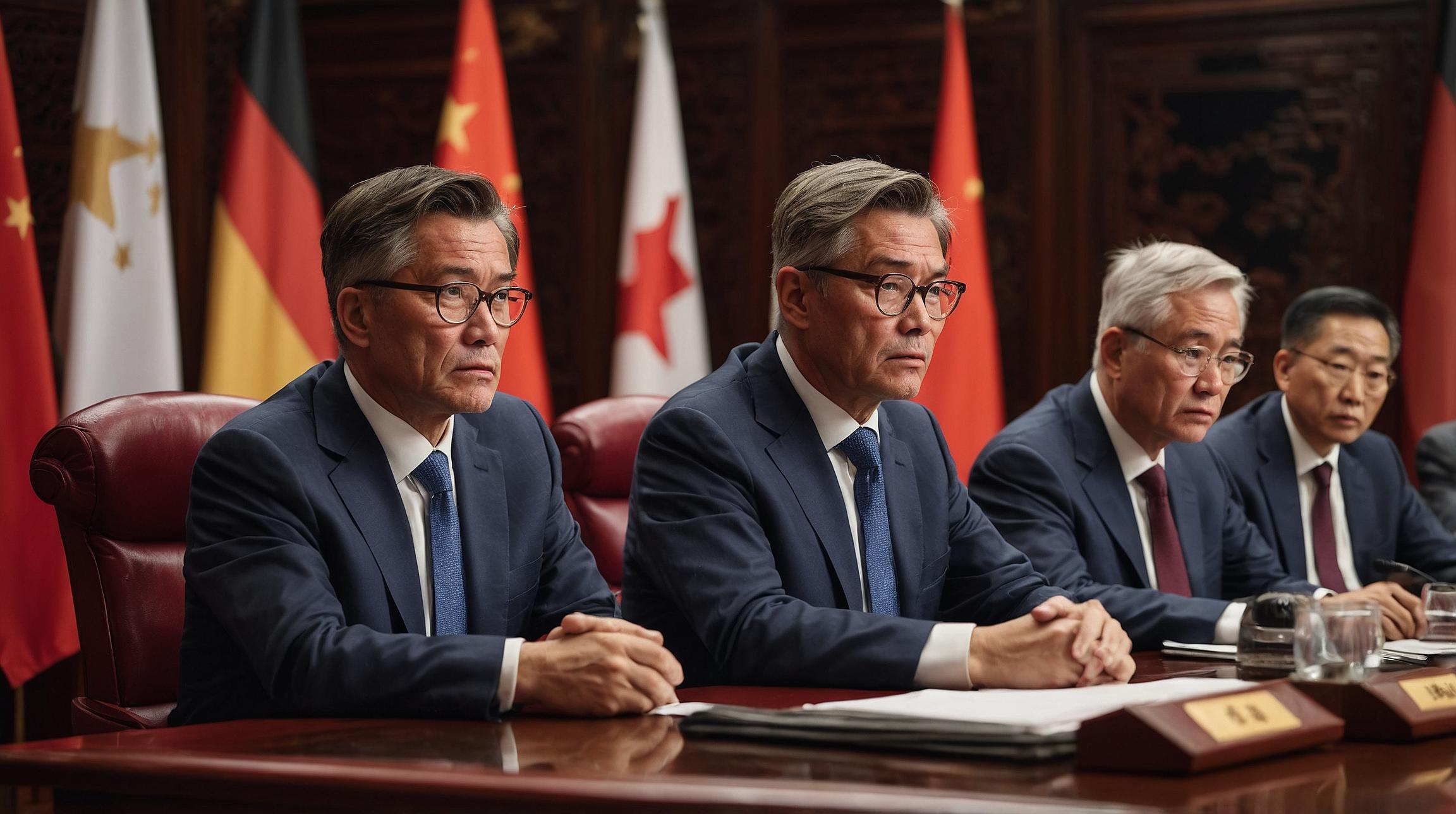Europe Risks Trade War, China Says Before German Talks
BEIJING – Beijing has warned that increasing tensions with the European Union (EU) over electric vehicle (EV) imports could spark a trade war. Germany's economy minister, Robert Habeck, arrived in China with the proposed tariffs being a top priority.
Habeck’s trip, lasting three days, is the first high-level European visit since the EU proposed heavy duties on Chinese-made electric vehicles. This decision angered China, prompting retaliatory measures and strong criticism from Chinese officials.
In a surprising move, Habeck—who is part of the ecologist Greens Party in Germany’s diverse coalition government—expressed that Germany’s China strategy document, which is just 11 months old, is too focused on the short term. He noted that it doesn't align well with the China strategies of other EU countries.
Recently, Chinese automakers urged their government to increase tariffs on European gasoline cars. Additionally, China started investigating EU pork imports in response to the EU’s EV tariff threat. The Chinese commerce ministry stated that the “responsibility lies entirely with the European side” for escalating the situation.
Habeck’s visit aims to explain the recent tariff decision to Chinese officials and reduce the risk of harmful retaliation. Given its substantial business interests in China, Germany, Europe’s biggest economy, has urged for dialogue and compromise. German car manufacturers, who are significantly affected by these tariffs, have strongly opposed the EU's decision.
While Chinese media depicted Habeck’s visit as an opportunity to reduce tensions, Germany’s goal is to find common ground. Initial talks include meetings with EU ambassadors and Chinese officials in cities like Shanghai and Hangzhou.
At a reception at the German embassy, Habeck criticized Germany's current strategy towards China as seen in last year’s 64-page strategy document. He insisted on the need for a long-term vision and a European approach. However, he did not provide specific details on how Germany’s strategy should evolve.
The German government hasn’t commented on Habeck's statements, which added to the perception that Germany is still formulating a clear approach to their economic model amid global protectionism.
Earlier, Habeck lowered expectations for immediate solutions to trade tensions, while Germany continues to seek broader market access in China and reduce dependency on any single country. Trade experts believe U.S.-German relations are increasingly favorable.
Germany’s trade with China in early 2024 was €60 billion, less than the €63 billion total with the U.S. This shift is seen in recent data showing a 14% drop in German exports to China in May compared to a year ago, while exports to the U.S. rose by 4.1%.













